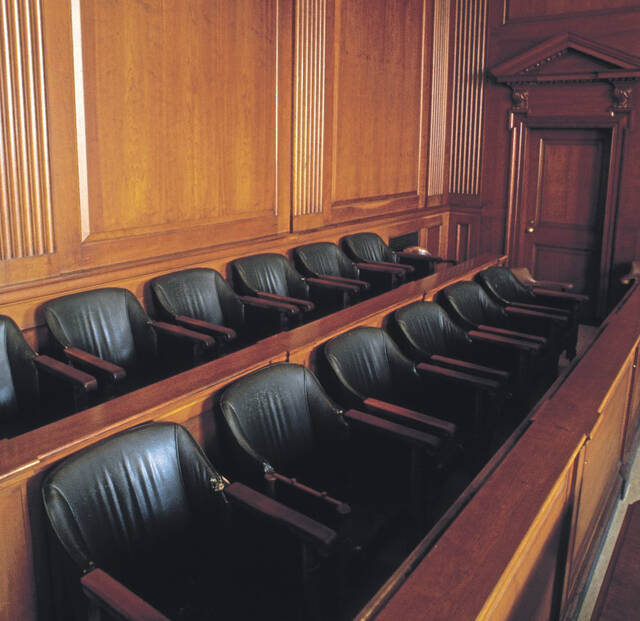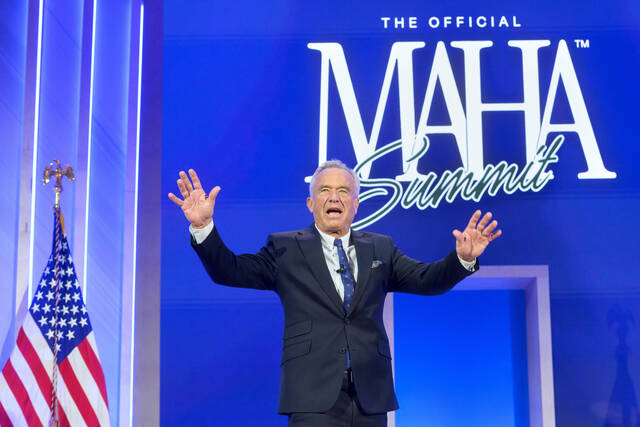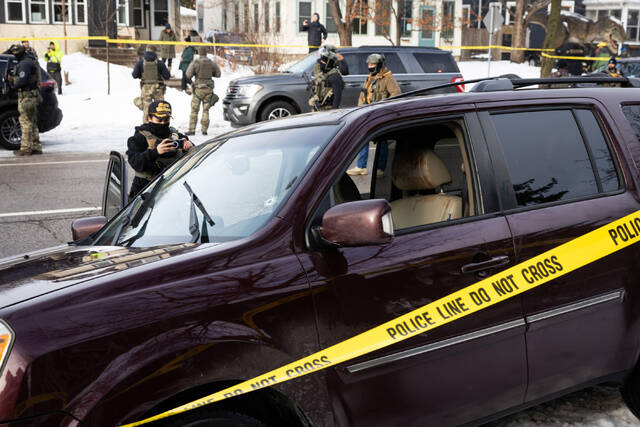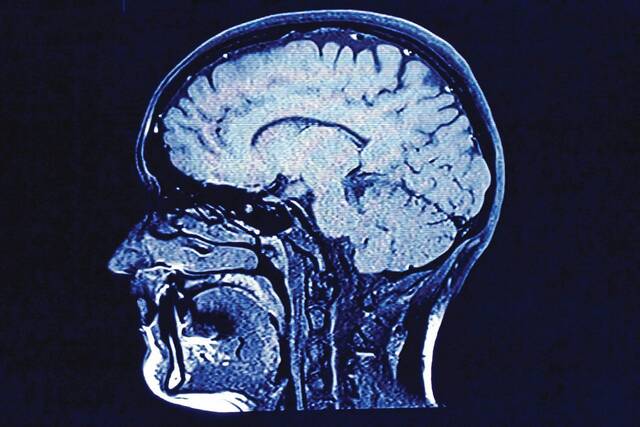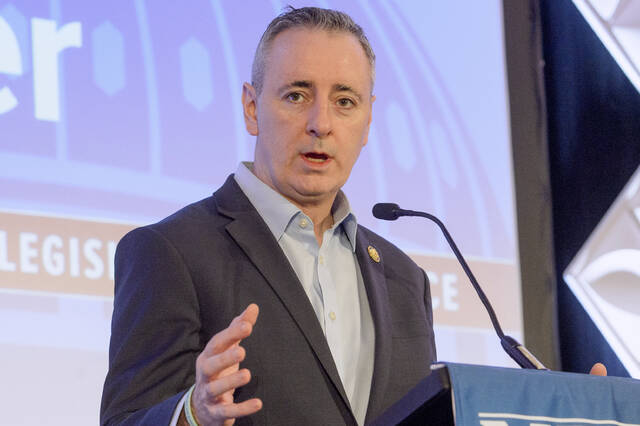I have never served on a jury.
I’ve been called twice. Once was after I had already moved out of the county in question. The second time was while my mail was being held at the post office and I didn’t end up getting the notice until about two weeks after I was supposed to show up. I was terrified for weeks that there was a warrant for my arrest.
But having covered court for years, I know that the stories we have about a case leading up to a trial can be like trailers for a movie opening next summer. The information comes in snips and clips, teasing out the plot as it is reconstructed from court documents, press conferences and statements from the victims or defense attorneys.
I know that the real show takes place in the courtroom, and that even then, the information presented can be a perspective on the whole story. There can be parts that are not allowed to brought in legally. There can be aspects that a judge has ruled inadmissible for a myriad of reasons — from being theoretically unrelated to being information or evidence acquired in a way it shouldn’t have been.
None of this keeps people outside the story from believing they know everything about it. This is especially so with the Celebrity Trial.
These cases are nothing new. They have been around forever, sucking up all of the oxygen and making everything about them. The Salem Witch Trials might be an early American example. Charles Manson. O.J. Simpson.
But they aren’t always criminal cases. The Gloria Vanderbilt custody case in 1934 is another, and probably the great precursor to the Celebrity Trials of today. It involved the Vanderbilts and New York society; the closest parallel today would be the juggernaut of money and fame that is the Kardashian empire.
And in 2022, we have Johnny Depp and Amber Heard. The “Pirates of the Caribbean” actor is suing his ex-wife for defamation after Heard penned an op-ed in the Washington Post about her experience with domestic abuse. She never mentioned Depp by name but had famously accused him of abuse in 2016.
The trial has played out over days and days of testimony. Depp and Heard have both spent time on the stand and the exchanges with attorneys have generated an endless parade of memes, videos and even a song on social media.
The problem is that when you are talking about celebrities, everyone thinks they know what is going on. When Heard’s allegations were first made, there was a momentum against the idea of abuse. Depp sued the U.K. paper The Sun for libel when he was called a wife beater. He lost with the court calling the words “substantially true.”
But with the current case playing out in Fairfax County, Va., in front of cameras scrutinizing every word, Depp is coming out ahead. A Rasmussen poll had just 10% of respondents believing Heard versus 40% believing Depp.
While the overwhelming impression on social media is that Depp is the clear winner in the court of public opinion, it’s the other 50% in the Rasmussen poll that should give people hope for the justice system. Half of the people were undecided.
That is what a juror should be, and in that public opinion courtroom we are all the jurors.
Even if we aren’t being sworn in by a judge and being bound by the letter of the law, we should still be undecided if we don’t have all the information. Celebrities are not more or less deserving of our judgment when it comes to a court case. We may hold some to a higher standard but it should never be a lower one.
Most importantly, a case should never be decided by reading a headline over the whole story or based on a picture shared on Facebook.


